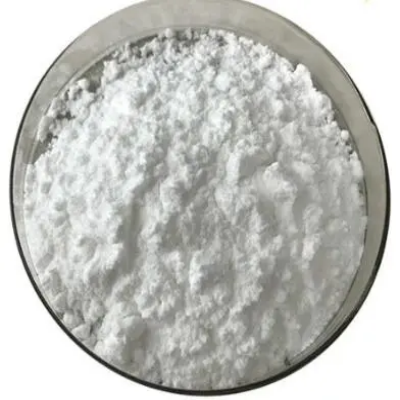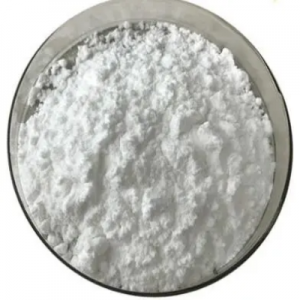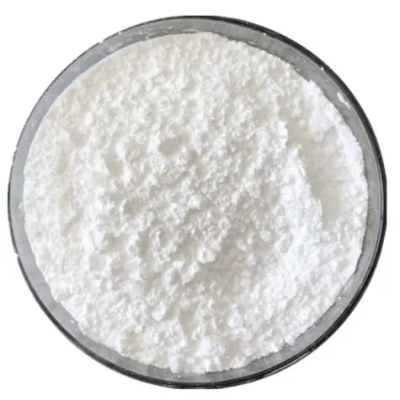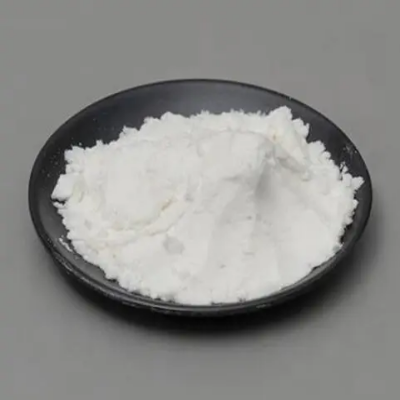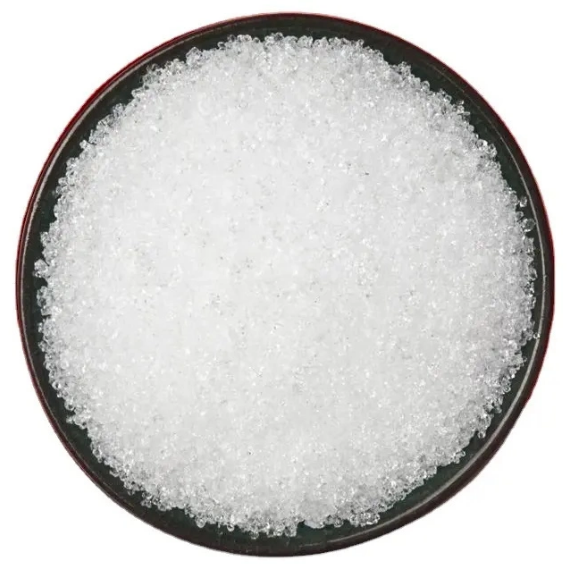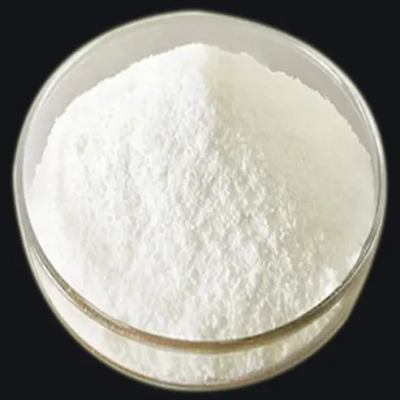Spiramycin CAS:8025-81-8
Spiramycin is utilized for the treatment of respiratory tract infections, skin and soft tissue infections, and certain sexually transmitted diseases caused by susceptible bacteria. In human medicine, spiramycin is commonly prescribed for respiratory conditions like pneumonia, bronchitis, and pharyngitis, where its spectrum of activity against gram-positive pathogens is beneficial. In veterinary practice, spiramycin is employed to combat bacterial infections in livestock, particularly in swine and poultry production. It is effective against pathogens such as Mycoplasma, Actinobacillus, and Streptococcus, making it valuable for treating respiratory diseases, mastitis, and metritis in animals. Spiramycin is also used in the management of toxoplasmosis in pregnant women to prevent fetal transmission of the parasite. Its safety profile during pregnancy makes spiramycin a preferred treatment option for reducing the risk of congenital toxoplasmosis and protecting the developing fetus. Furthermore, spiramycin has been investigated for its potential role in controlling Helicobacter pylori infections in combination therapy regimens for gastrointestinal diseases. Its ability to inhibit H. pylori growth and reduce associated symptoms highlights the versatility of spiramycin in addressing various bacterial infections across different medical specialties. Overall, spiramycin serves as a valuable antibiotic in human and veterinary medicine, providing effective treatment options for a range of bacterial and protozoal infections while contributing to the overall health and well-being of patients and animals.



| Composition | C43H74N2O14 |
| Assay | 99% |
| Appearance | white powder |
| CAS No. | 8025-81-8 |
| Packing | Small and bulk |
| Shelf Life | 2 years |
| Storage | Store in cool and dry area |
| Certification | ISO. |


